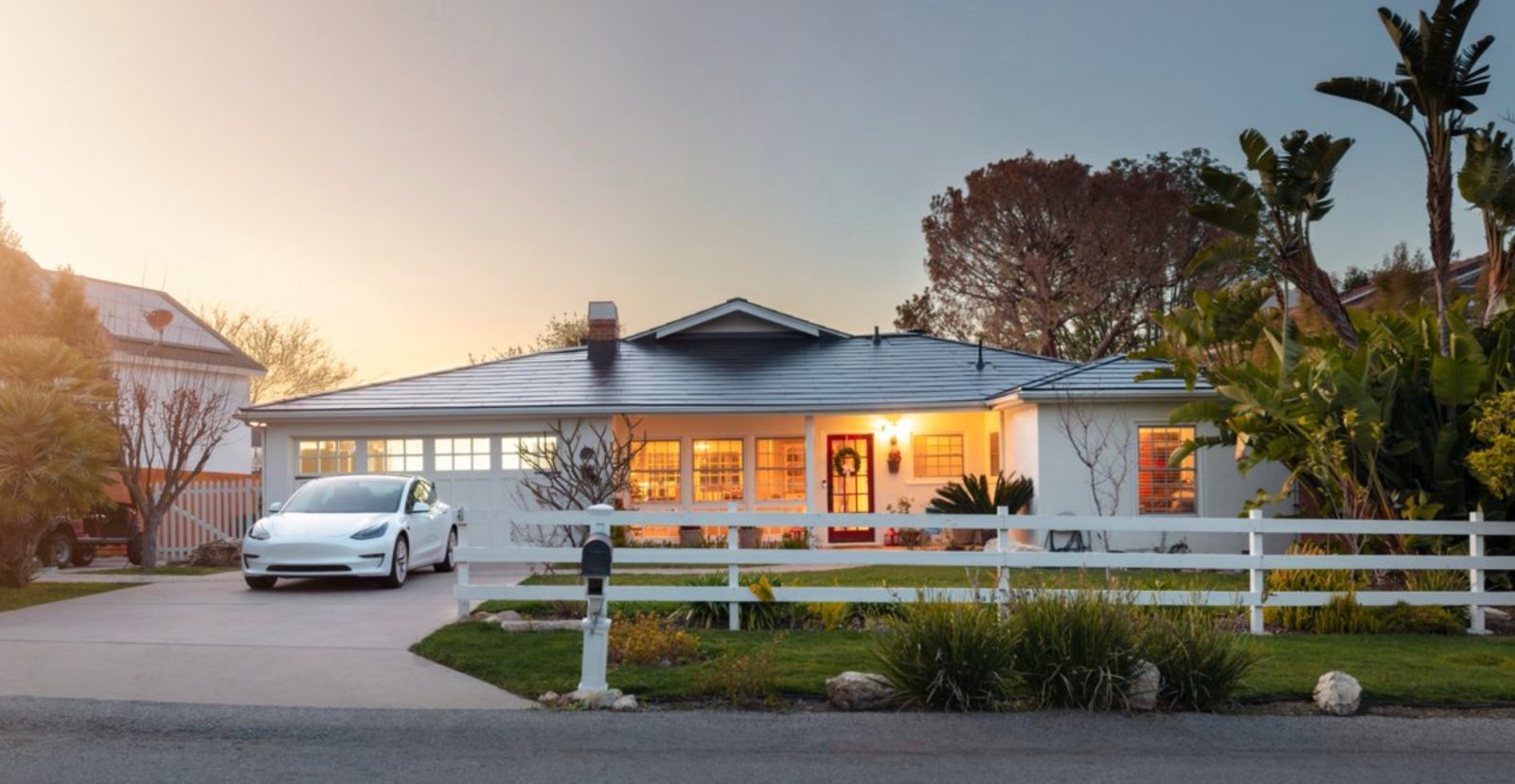
EV owners are more likely to add solar panels to their homes, according to a new US Department of Energy’s National Renewable Energy Laboratory (NREL) study – here’s why.
And conversely, owning photovoltaic panels also has a bearing on whether a homeowner buys an electric vehicle, but not as strongly.
Researchers from NREL, University of California Santa Barbara, and Lawrence Berkeley National Laboratory examined a survey of 869 households in the San Francisco Bay Area in the NREL’s 2018 WholeTraveler Transportation Behavior Study, and the newly released 2022 Residential Energy Consumption survey, the latter of which confirmed the older survey’s findings.
NREL’s Shivam Sharda, lead author of the paper, said, “Both EVs and PVs have a complementary nature, which might play a pivotal role in energy systems resiliency, addressing concerns regarding grid stability and power management strategies.”
But the researchers assert in the abstract that electric vehicles and PV are deployed “disjointedly” due to a “lack of understanding of the behavioral interdependence in consumer preferences toward these technologies.”
More of the 2018 survey participants owned or previously owned solar panels than an EV – 9.1% vs. 6.5%. (The researchers acknowledge that solar has been around longer than EVs, and the cost of having residential solar is less than most EVs.)
They found that 25% of EV owners also owned solar, while only 8% of the non-EV owners owned solar, and Sharda said that EV owners are likely to be more incentivized to adopt solar because it’s an inexpensive, clean source of energy to charge their cars at home.
The 2018 survey also highlighted two reasons that might have prompted someone to adopt one or both technologies: being aware of EVs and solar, and being social enough to ask about them.
Sharda explained, “If you have a friend or a family member who owns a rooftop solar or an EV, you become more educated about the technology, so you know the pros and cons by talking to them. That has a significant influence on your owning EVs or PVs.”
So the study recommends that the government considers offering joint incentives for consumers to adopt both EVs and solar. Because EV owners are inclined to use solar anyway, bundled incentives might provide a push for EV owners to adopt solar sooner.
“The Electric Vehicles-Solar Photovoltaics Nexus: Driving Cross-Sectoral Adoption of Sustainable Technologies,” is published in the journal Renewable and Sustainable Energy Reviews.
Top comment by Paul McGown
The logic of building a solar array for just your car is pretty much overwhelming. If there was a DIY kit ( it would have to be air gapped from the local grid) where you could just power your car and maybe a few selected appliances, it would be winner. The actual, functional, need for a "qualified" electrician and a "permit" from the local authorities is arguable or moot it you are not connecting to the grid. If it was possible that you were able to buy a packaged kit, complete with detailed instuctions (like you can for kit airplanes for gods sake !! ) from a reputable manufacturer, the roof top solar revolution for cars would explode. Over 50% of the cost of residential solar is paying for somebody else's labor, somebody else's borrowing costs, somebody else profit and your financing costs to pay this other person that big chunk of cash (or worse, financing over x years) of what they want to be paid.
Read more: This modular off-grid solar EV charger can be installed in just four hours
Photo: Tesla
To limit power outages and make your home more resilient, consider going solar with a battery storage system. In order to find a trusted, reliable solar installer near you that offers competitive pricing, check out EnergySage, a free service that makes it easy for you to go solar. They have hundreds of pre-vetted solar installers competing for your business, ensuring you get high quality solutions and save 20-30% compared to going it alone. Plus, it’s free to use and you won’t get sales calls until you select an installer and you share your phone number with them.
Your personalized solar quotes are easy to compare online and you’ll get access to unbiased Energy Advisers to help you every step of the way. Get started here. – ad*
FTC: We use income earning auto affiliate links. More.





Comments